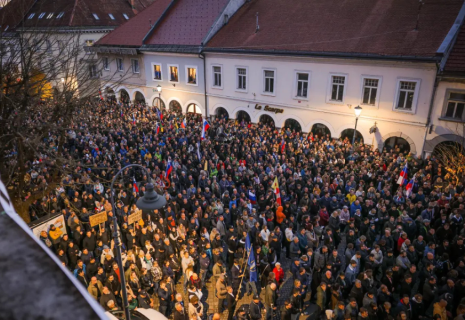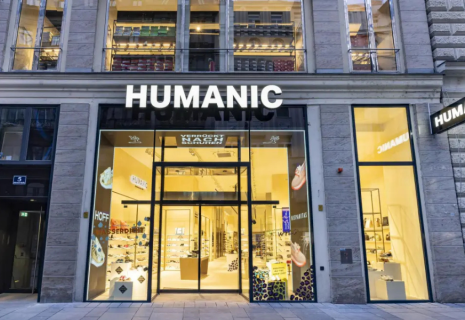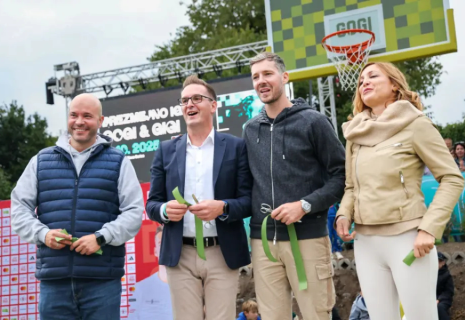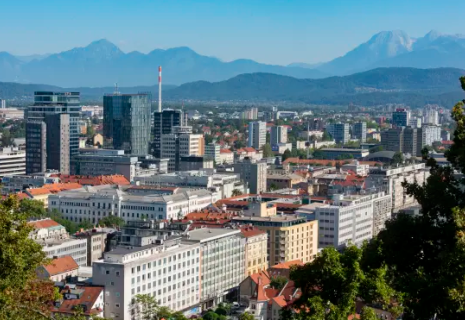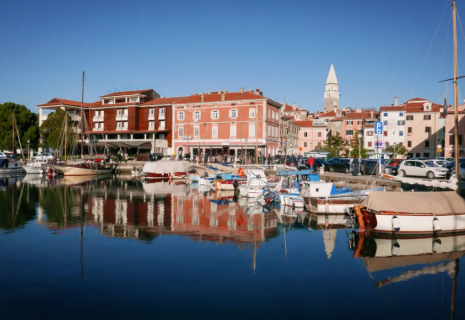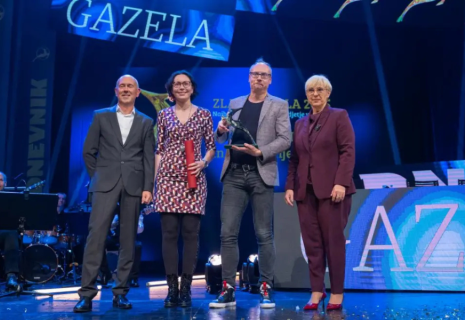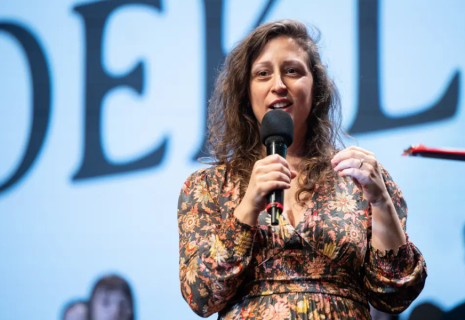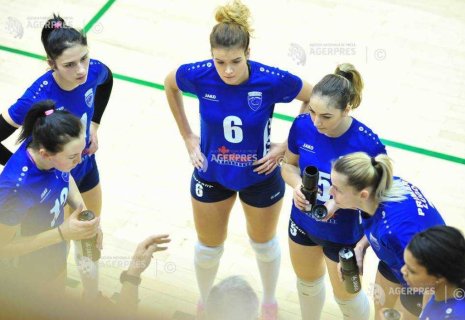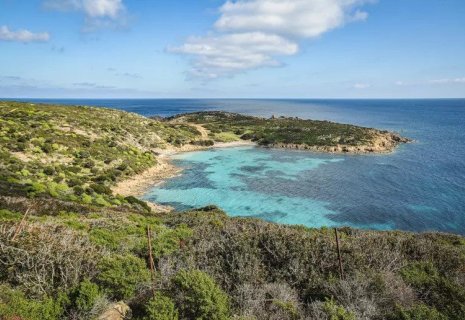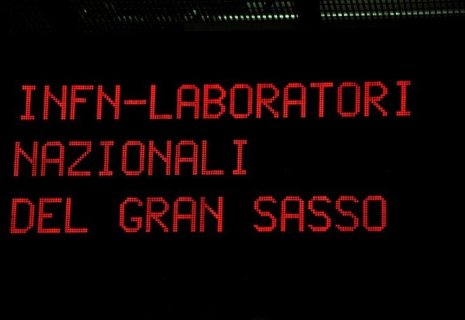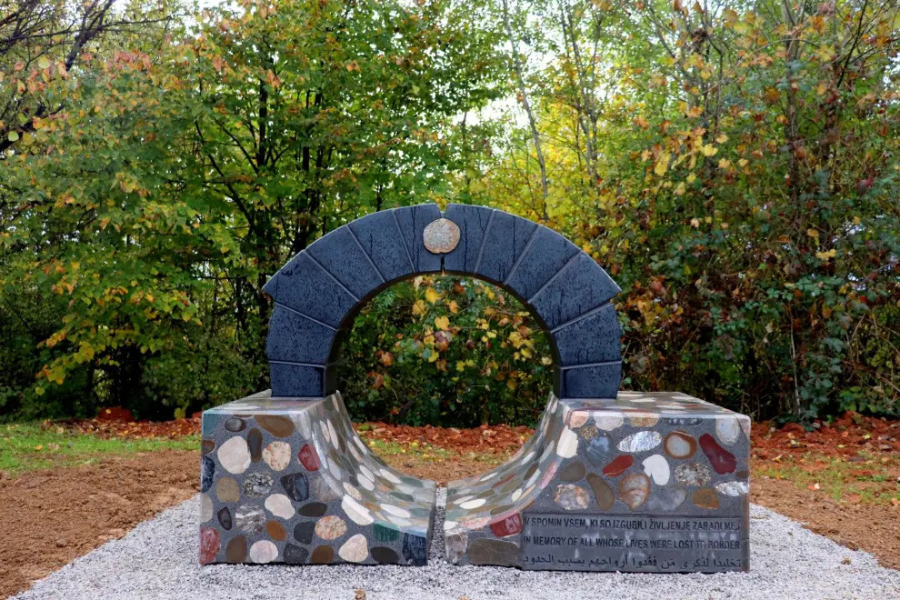
Slovenia unveils first monument for dead migrants
In a small cemetery in the village of Vojna Vas, southeastern Slovenia, a new monument stands to honour migrants who lost their lives attempting to cross into Slovenia and who are typically buried in unmarked graves, the identities of many unknown.
The initiative for what is the first such memorial in the country came from Prehod, a working group of researchers, journalists, artists, and activists who document migrant deaths and advocate for humane border policies, CE Report quotes The Slovenia Times.
The group says the number of people dying on Europe's frontiers is rising, while many are buried anonymously in graves marked only "N.N.", meaning "unknown person." No official data exist on how many have perished in Slovenia.
The idea for the memorial came from Nada Šimunič, a resident of the nearby village of Vukovci, which sits right along the Kolpa River, the border between Slovenia and Croatia.
The river is a popular crossing for many migrants because it is not very deep or wide, but can be quite treacherous to cross and many migrants have drowned there over the years.
Visiting the cemetery last year, she noticed neglected graves marked "N.N." and realized, as she put it, that "these are not unknown people - they are fathers, sons, daughters, mothers, brothers, grandchildren." She hopes the monument will give dignity to their memory and comfort to their families.
The three-tonne stone monument, created by sculptor Tomaž Furlan, is shaped like a bridge, built from stones taken from the Kolpa River.
Furlan said that "what the bridge connects is more important than the bridge itself." He thinks more bridges would be needed to safely cross rivers, and there should be fewer restrictions on the crossing of borders.
At the 23 October ceremony, Uršula Lipovec Čebron of the University of Ljubljana read the names of 50 people who died on Slovenia's borders, while Muhamed Hazrati from Afghanistan and Desmond Nana from Cameroon shared their personal experiences of displacement.
Črnomelj's mayor Andrej Kavšek urged empathy:
"In the face of such human tragedy, we cannot remain indifferent. Helping a person in distress is our highest civilizational duty."
Slovenia lies on the Balkan migration route, one of the main routes into Europe for migrants and refugees from the Middle East and Africa.
While the number of people crossing has declined sharply from the peak of the migration crisis in 2015, the Slovenian police handled 19,471 cases of illegal crossing in the first nine months of the year, less than half the figure from a year ago.


